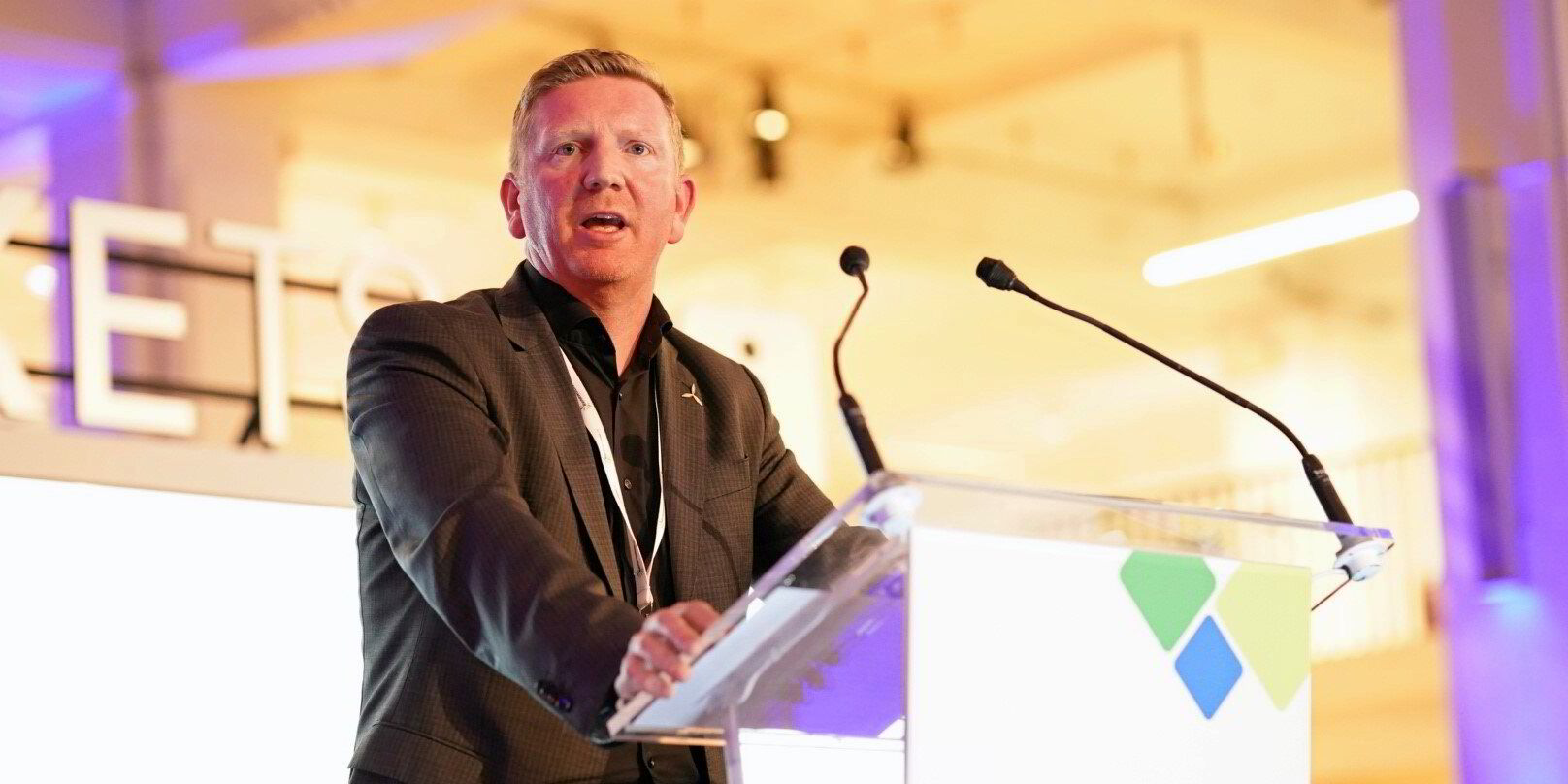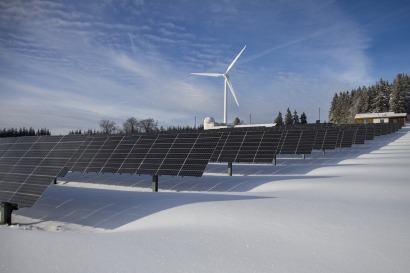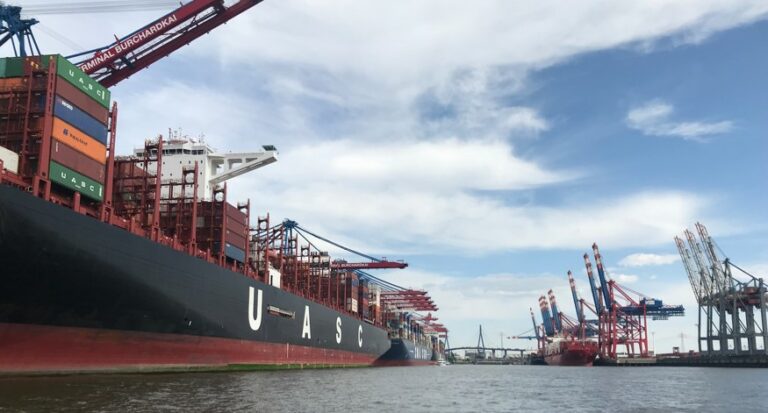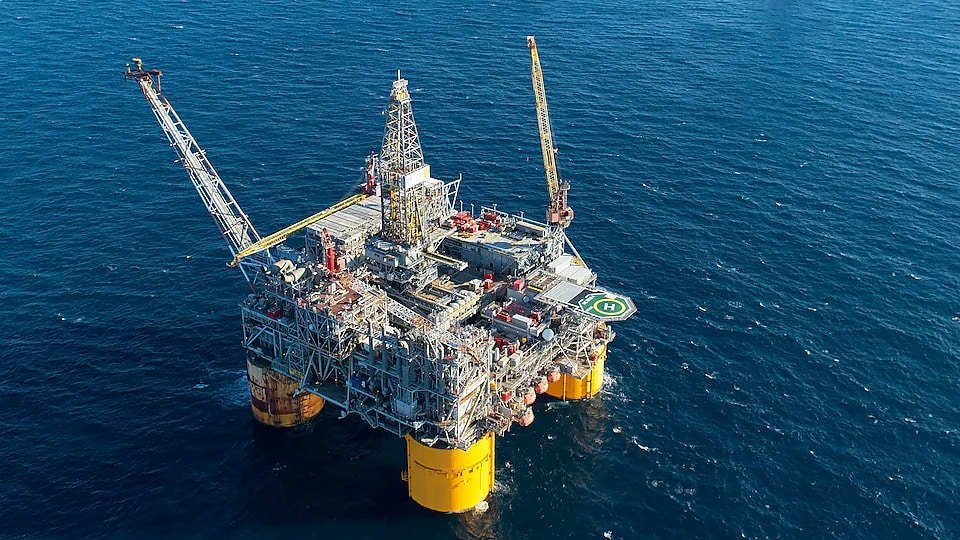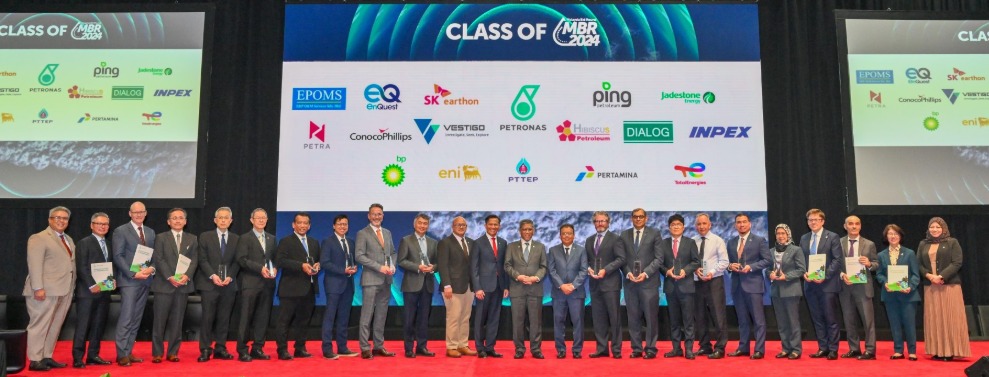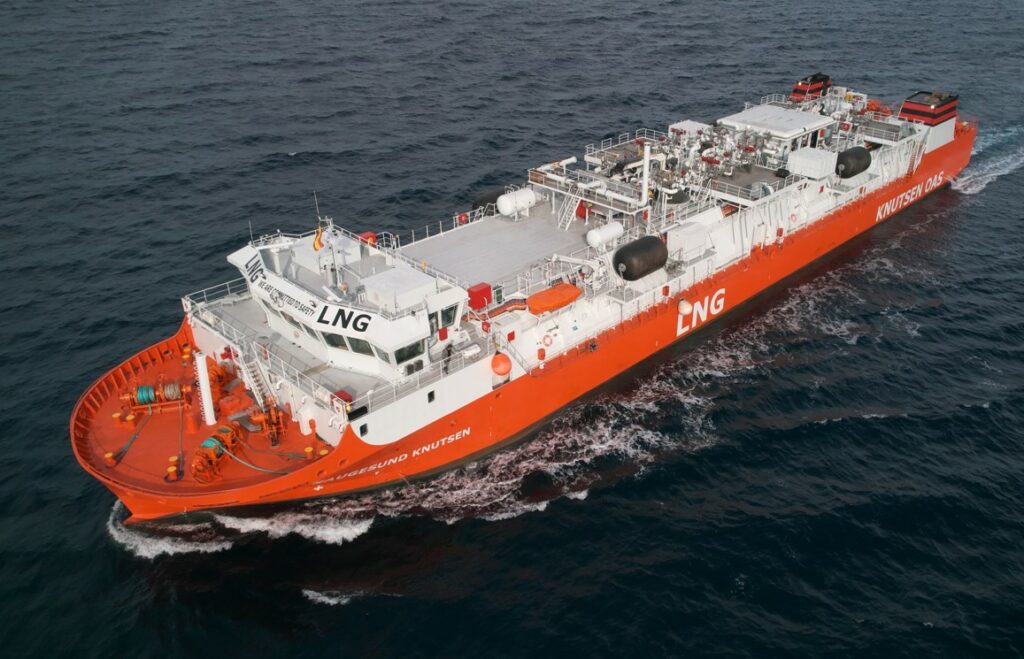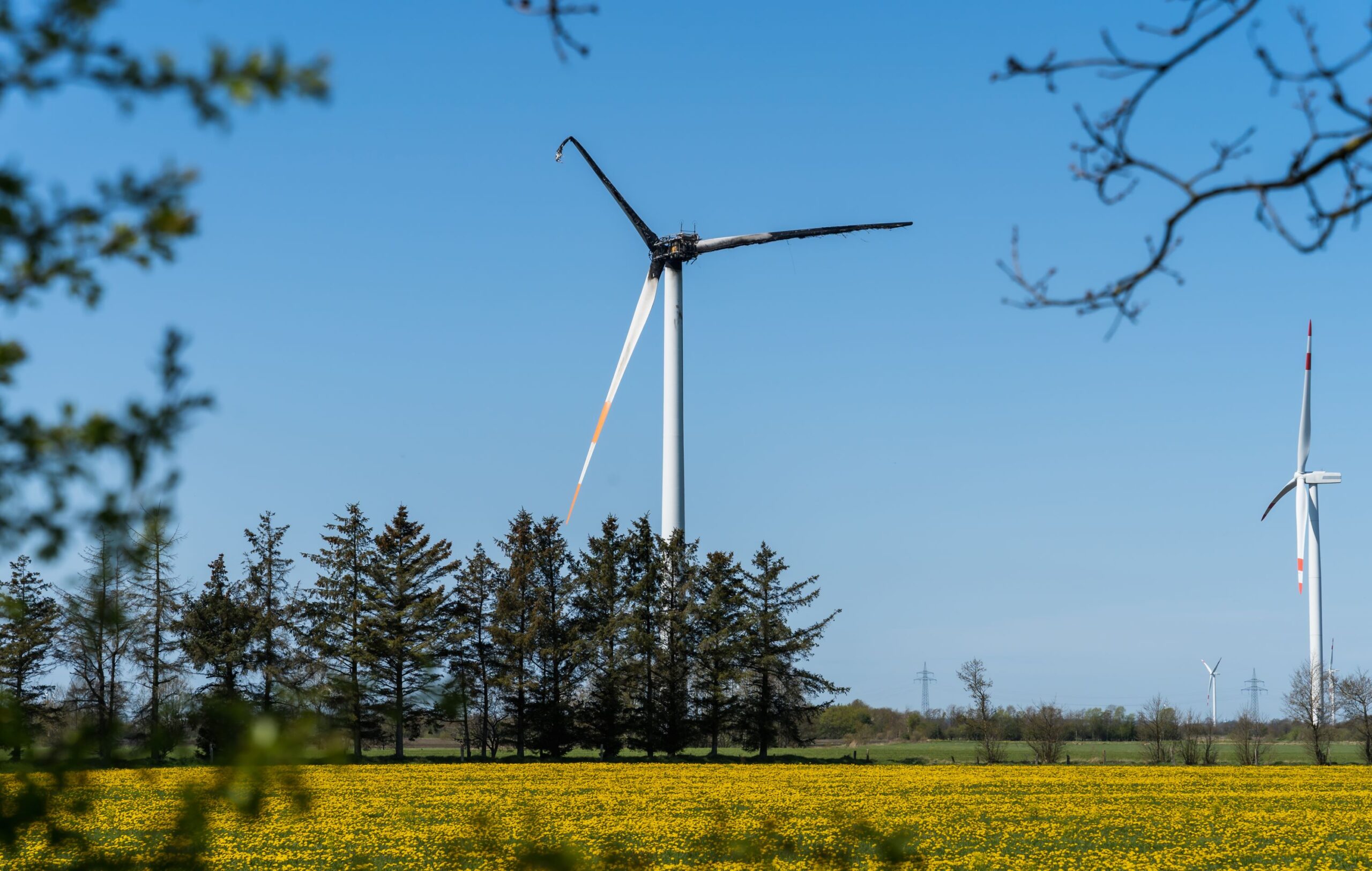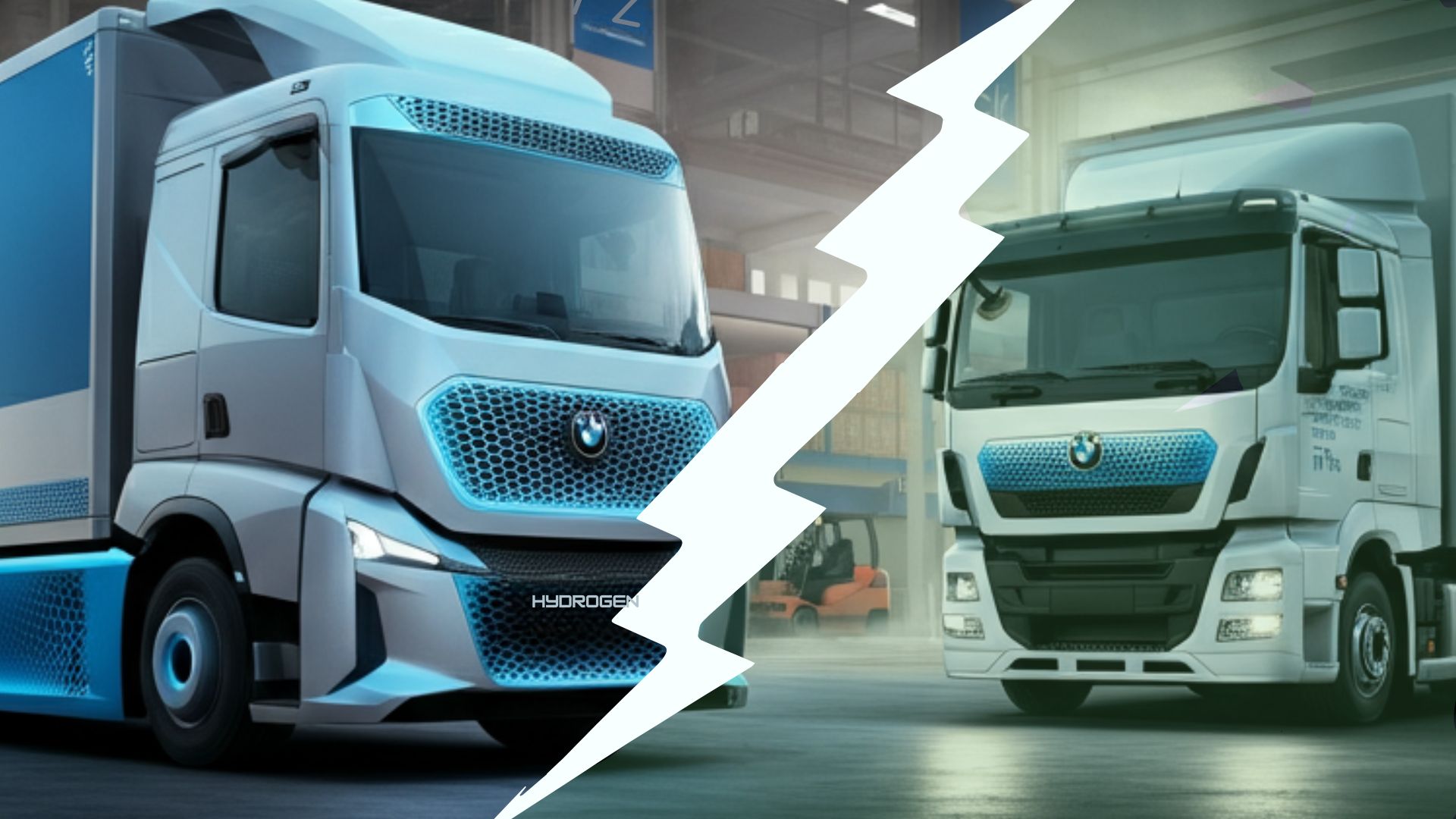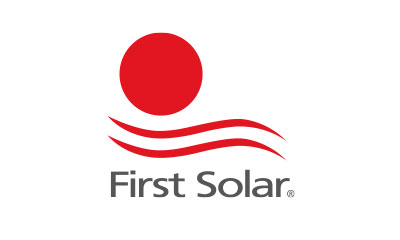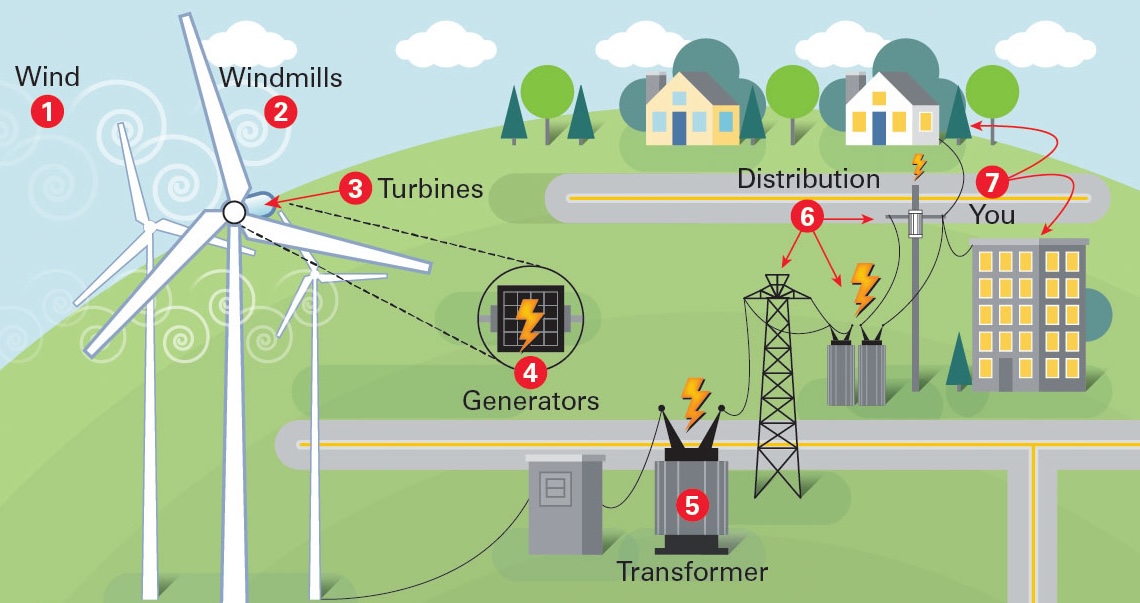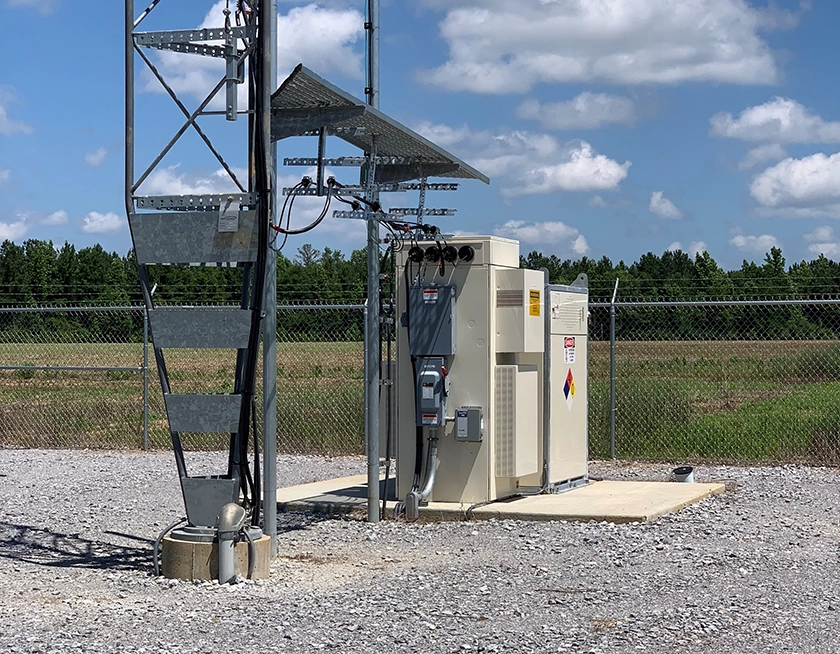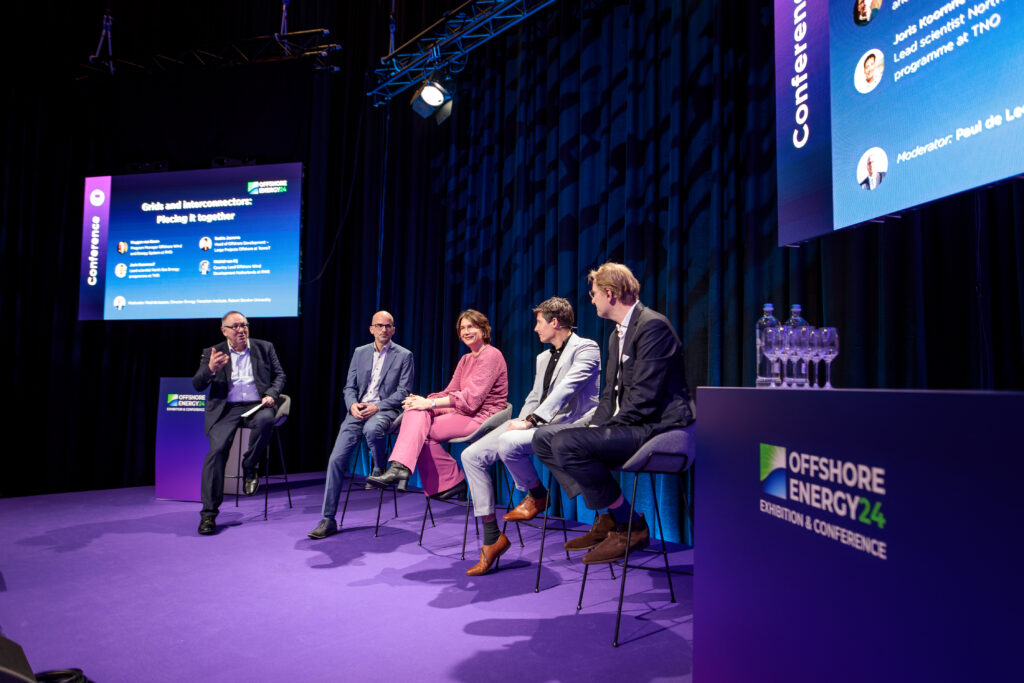Nel Hydrogen Latest Order Highlights How H2 Can Deliver Bottom-Line Benefits for US Steel Industry
Nel Hydrogen Secures Key Order to Help Grow Green Hydrogen in US Steel Industry Nel Hydrogen US, a subsidiary of…
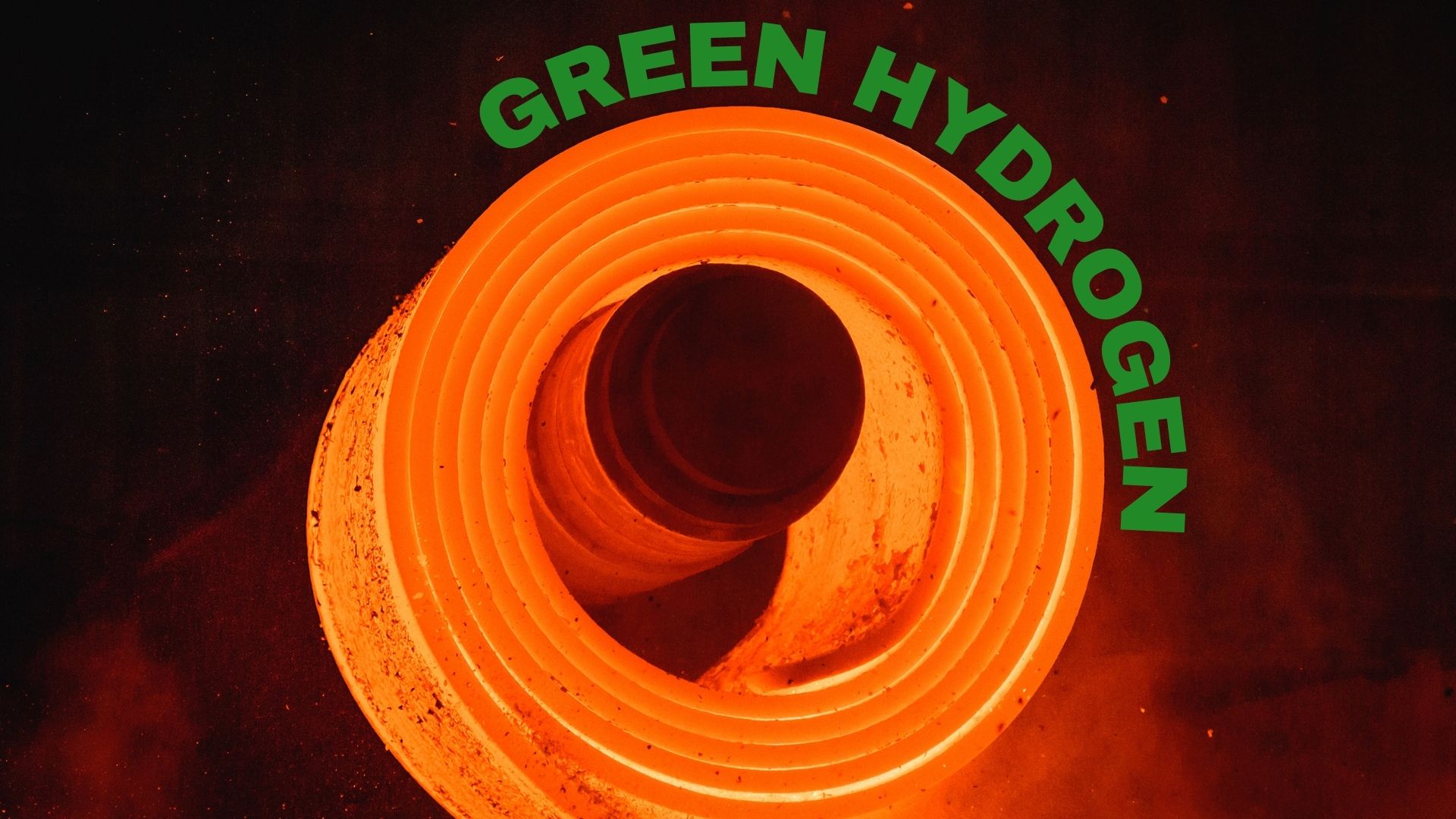
Nel Hydrogen Secures Key Order to Help Grow Green Hydrogen in US Steel Industry
Nel Hydrogen US, a subsidiary of the Norwegian company Nel ASA, recently announced a firm order valued at approximately $7 million for two containerized PEM (Proton Exchange Membrane) MC500 electrolysers. These advanced units, each with a capacity of 2.5 MW, will be deployed at a new steel mill in the United States. This move underscores the growing reliance on hydrogen as a cleaner alternative to fossil fuels in heavy industries, particularly steel manufacturing.
Modular PEM Technology Redefines Hydrogen Production
The Proton Exchange Membrane electrolysers ordered by the U.S. steel mill represent a significant leap in hydrogen production capabilities. Known for their adaptability and modular design, these systems are well-suited to medium-sized industrial projects. The containerized configuration ensures these electrolysers can work efficiently even in outdoor environments, offering a plug-and-play solution that reduces complex installation timelines.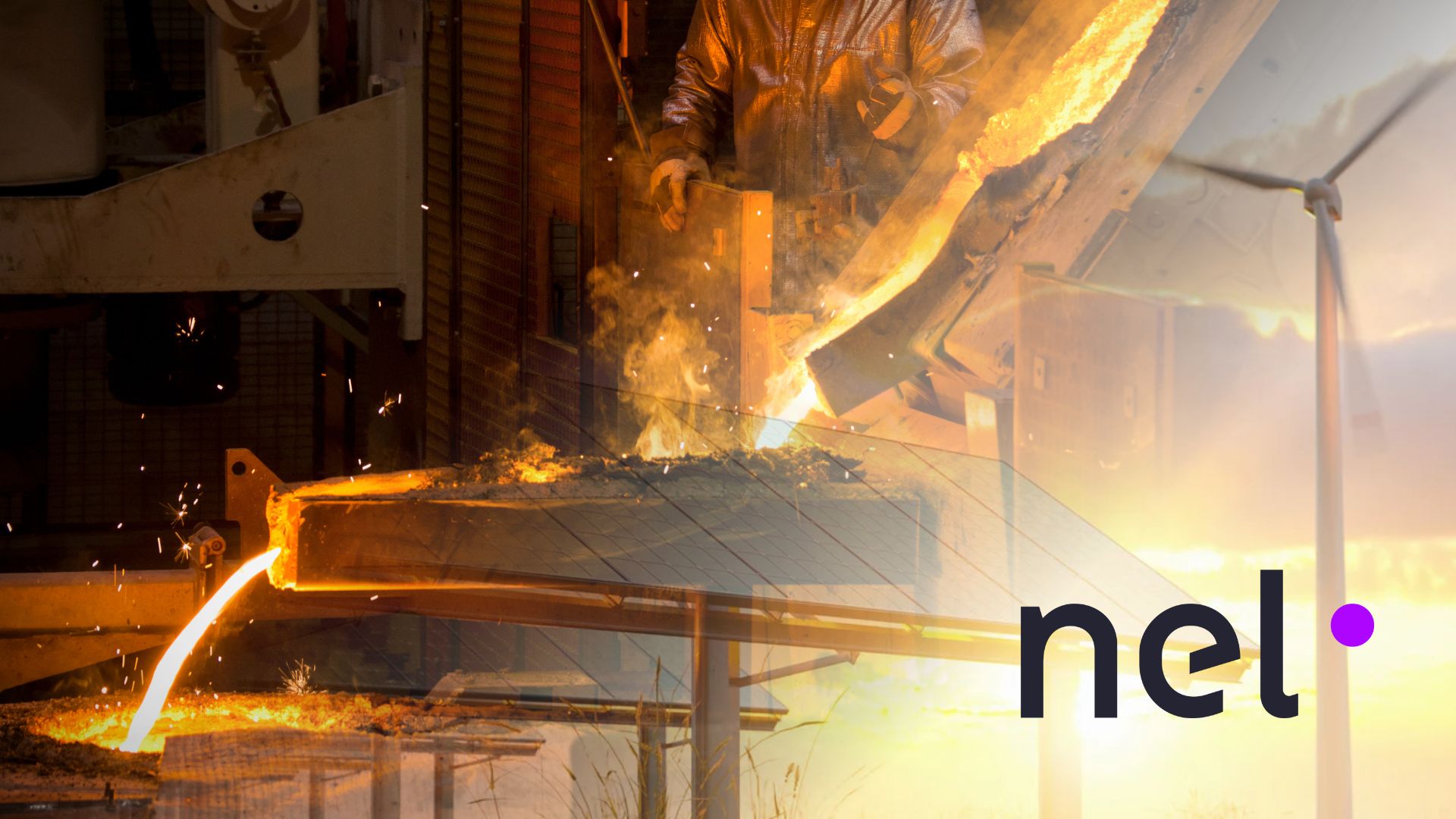
At the heart of this technology is the ability to use renewable energy to split water molecules into hydrogen and oxygen. This on-site production approach minimizes the need for extensive hydrogen distribution networks, driving down logistical costs while increasing reliability. The hydrogen generated will directly contribute to the steel mill’s low-carbon transition by replacing traditional, fossil-based processes.
Todd Cartwright, Nel Hydrogen’s Chief Commercial Officer, expressed confidence in the technology’s performance, highlighting the company’s track record with previous deployments. “We are witnessing growing demand for our containerized electrolysers due to their reliability and ease of installation,” he stated, pointing to the increasing adoption of scalable, accessible hydrogen solutions across industrial markets.
Once delivered, the electrolysers are expected to be operational quickly due to their ready-to-use containerized configuration. This rapid rollout exemplifies how hydrogen technology can bridge immediate sustainability needs while laying the groundwork for larger-scale emission reductions in the coming decades.
A Strategic Advantage Through Manufacturing
The two MC500 units will be manufactured at Nel’s specialized PEM electrolyser production facility in Wallingford, Connecticut. Local production not only shortens lead times but also aligns with the rising preference for domestically manufactured technologies in the U.S.
Nel’s involvement in this project mirrors broader trends. Companies worldwide are turning to green hydrogen as a decarbonization tool. Countries like Denmark, Japan, and Australia are forging ahead with hydrogen-centered initiatives, while Nel itself is actively involved in global partnerships and frameworks designed to scale green hydrogen adoption.
Here’s Nel Hydrogen in Other News with Strategic Updates
Nel Hydrogen recently announced a temporary scale-down in its production capacity at the Herøya facility in Norway. This decision comes in response to lower-than-expected order volumes in 2023 and 2024, coupled with delays in customer projects. As part of this adjustment, the company is reducing its workforce by 20%. Despite these short-term challenges in the renewable hydrogen market, Nel remains resolutely focused on the future. CEO Håkon Volldal stated that the steps are aimed at conserving cash while positioning the company to seize emerging opportunities, including new project bids and advancements in next-generation hydrogen technology.
Amid these operational adjustments, Nel has reinforced its leadership in the hydrogen sector through several strategic advancements. The company was recently chosen as the preferred supplier for Norwegian Hydrogen’s ambitious Rjukan project. This collaboration will see Nel deliver a 25 MW next-generation alkaline electrolyser, a significant contribution to advancing hydrogen production technologies and reaffirming Norway’s leadership in clean energy innovation.
Further strengthening its position in the hydrogen ecosystem, Nel announced a 4.85% equity investment in Cavendish Hydrogen. This strategic move signals the company’s commitment to fostering partnerships that drive progress in renewable energy. By leveraging combined expertise, Nel and Cavendish aim to create new opportunities that accelerate the adoption of clean hydrogen solutions worldwide.
Adding to its momentum, Nel was also awarded an EU Innovation Fund grant, a testament to its cutting-edge work in clean energy projects. The company has been advancing its research in hydrogen systems, focusing on increasing efficiency and lowering costs through improved compression and storage solutions. These innovations hold significant potential for enhancing the commercial viability of hydrogen technologies.
On-Site Hydrogen Production: A Cost-Effective, Safer Path to Cleaner Steel and Renewable Energy Progress
Transitioning to hydrogen not only significantly reduces environmental impact but also offers compelling financial and operational advantages, particularly with on-site production. By generating hydrogen directly at steel mills, companies can ensure a continuous, reliable supply, avoiding costly delays associated with transporting and storing hydrogen cylinders. On-site production eliminates dependency on volatile supply chains, providing industries greater resilience against market fluctuations and operational demands.
From a financial perspective, the cost-effectiveness of on-site hydrogen generation cannot be overstated. Companies save on transportation costs, and the upfront investment in hydrogen plants pays off over time through consistent, low-cost production. Safety is another critical advantage—producing hydrogen on-site mitigates the dangers of high-pressure storage, as generators operate in a controlled environment with minimal manual intervention.
These benefits extend beyond the industrial sector. For communities near steel mills, cleaner air and reduced pollution can lead to improved public health outcomes.
On-site production doesn’t just make environmental sense—it presents an economically viable and practical path for industries to lead in the fight against climate change.
What's Your Reaction?









